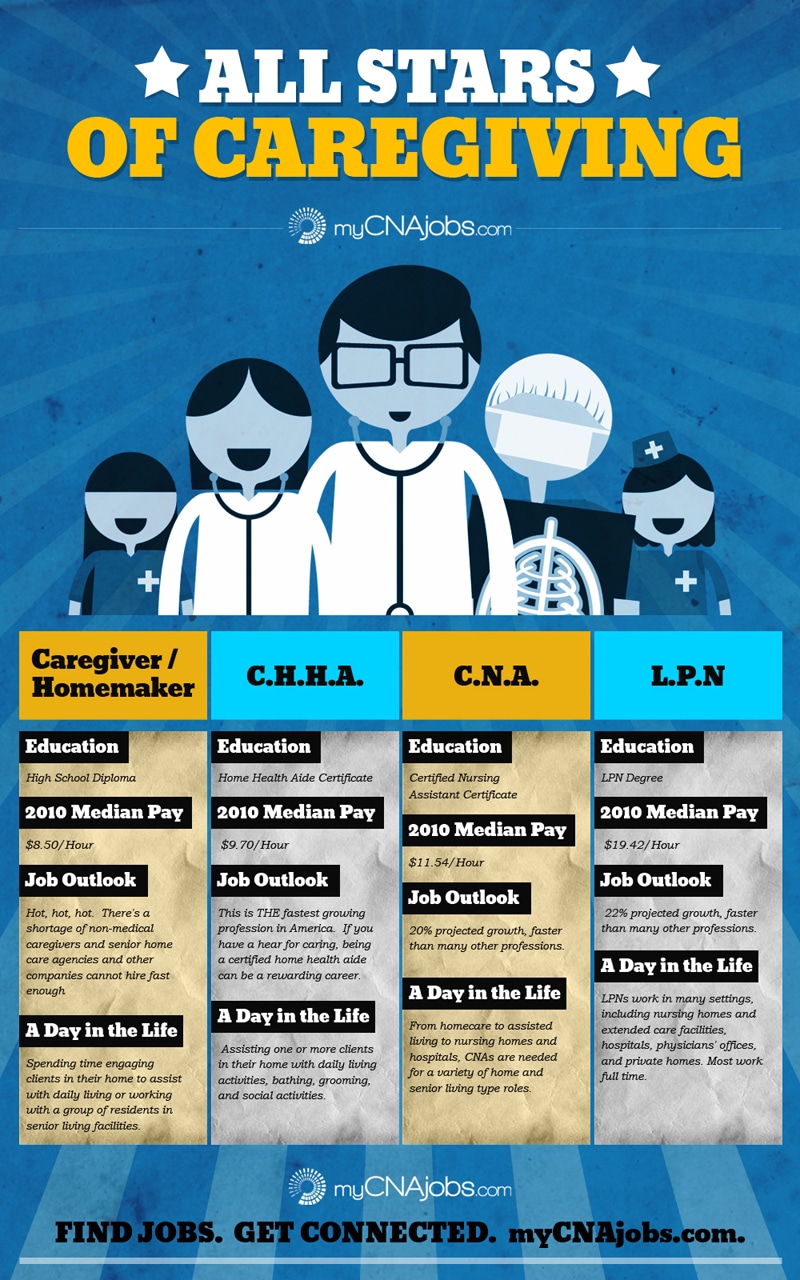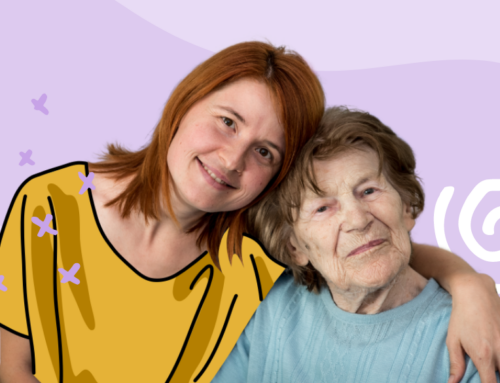Caregivers and employees want stability. They want to know the ship they’ve tied their boat to is not suddenly going to take off or change direction too quickly.
Caregiver recruitment and retention is one of the biggest threats to the home care industry. As more and more baby boomers turn 65 every day, the need for caregivers is growing. According to the 2017 Home Care Benchmarking Study, 77% of providers stated that caregiver shortages is one of the top three threats to their home care agency. The data is clear, and home care providers need to plan for what’s to come. But despite the increase in concern, there is a methodological approach to decreasing caregiver turnover that any home care business owner can implement, and it addresses both recruitment and retention.
Recruitment
When providers feel the sting of caregiver shortages, the knee-jerk reaction is to cast the largest recruitment net possible and fill the positions quickly with anyone who can pass a background check. And while recruitment is the first step in combatting caregiver shortages, the answer doesn’t lie in quantity, but quality. How do you find quality caregivers?

Ask the Right Questions in Caregiver Interviews
Knowing what questions to ask in the caregiver interview is half the battle. In order to sort out the unqualified caregivers, you need to ask strong and informative interview questions. There are four types of questions you should focus on in your interviews:
1. Direct Questions
These type of questions get right to the point. Don’t be shy in asking caregivers the hard questions to get the information you need. “What experience do you have working with Alzheimer’s patients?” Straightforward questions help you understand the caregiver’s background and skill set.
2. Behavioral Questions
Behavioral questions ask about their past to know how they will act in the present. Learned behaviors are hard habits to break, so if a caregiver acted a certain way in past jobs, they will most likely carry those same behaviors to their next job. “If I were to talk with the supervisor of your last job and ask them what kind of team member you were, what would they tell me?” and “Give me an example from your last job where you were able to provide an exceptional experience for a customer/client.” These questions tend to look more at personality rather than specific skills.
3. Hypothetical Questions
While behavioral questions focus on questions about their past, hypothetical questions focus on the future. “What would you do if a client started shouting at you?” Asking questions about how a caregiver will handle fragile or stressful questions, will help you know if the caregiver is good under pressure and if they would act appropriately in a difficult situation.
4. Skill Questions
“Do you know what to do if a client has signs of a stroke?” Much like direct questions, skill questions are aimed to help you determine if caregivers have the basic skills to care for your clients.
Find Caregivers Who Share Your WHY
When you are posting your job openings, make it your goal to attract and hire caregivers who share your why, meaning their motivations match yours. Many job ads will name the requirements and qualifications of the job, but few will share what they expect of the caregiver.
A job posting that attracts caregivers who share your why might look something like this:
“At [agency name], we are a close knit team and we rely on each other to ensure our clients receive the highest quality home care possible. We only hire committed, professional caregivers who love working with the elderly during all hours of the day and night. We do what we do because we want to make a positive impact on the lives of those we care for. We expect this same level of passion from every team member. Only apply if you can live by our high standards of care and want to be challenged daily. Please do not apply if your main purpose is to find any job that will get you by in the short term. If this is you, applying here will only waste your time, and ours. However, if your purpose is to find a career that will help satisfy your desire to serve others, we would love to visit with you. Recently awarded Best of Home Care – Employer of Choice Award, a national award based on the satisfaction of our professional caregivers. [Continue with description of duties].”
An ad like this will likely attract fewer applicants, but those who are interested will be committed, because they’re the ones who “get it.”
Retention
In 2016, median caregiver turnover was 65.7% for the industry. That’s a 7% increase from 2015. According to our 2017 Study, 32% of providers claim that caregiver turnover is one of their top three biggest threats. Even when you have the right caregivers, keeping them satisfied and motivated can be a challenge. This is referred to as satisfaction management, and it involves several efforts focused on truly understanding your caregivers and creating an environment where they feel like they’re thriving.
There are many methods to help retain caregivers, but the two most popular are recognition and training.
Give Recognition and Reward

Caregivers want to be recognized for their efforts and hard work. Many home care business owners feel like what’s required is more money. “My caregivers are unhappy, but I just can’t afford to pay them any more money.” Perhaps you’ve had similar thoughts to this, which can make you feel powerless to improve satisfaction. But pay rate is only one factor impacting employee satisfaction. According to the data gathered, only 11.4% of caregivers report preferring a pay raise as a “thank you” for doing a good job, while 48.5% would prefer verbal or written recognition. This means that improving your employees’ satisfaction doesn’t necessarily require higher wages, but could involve something as simple as verbally recognizing and celebrating your employees for the work they do. The 2017 Home Care Benchmarking Study includes many other ways caregivers prefer to be recognized, and how you can keep them happy.
Build a Caregiver Mentor Program
To retain your caregivers, you need to understand them and then use that information to train new caregivers. A caregiver mentor program helps new caregivers feel they are being looked out for and their success is your number one priority. A mentor program can help:
- Create belonging among caregivers.
- Reduce caregiver turnover.
- Boost caregiver confidence and satisfaction.
- Increase client confidence.
- Create a positive team-centered culture.
Among these five things, a caregiver mentor program is also a great recruiting tool. Caregivers want to work with a provider who puts their happiness and success first.
Read: Train and Retain Caregivers with a Caregiver Mentor Program
A caregiver mentor program should be focused on satisfaction and training. To ensure that training is thorough and satisfactory, you need to have strong “caregiver mentors.” When you get the right people in the mentor role, their mentees stay longer, are more engaged, and represent your company more positively. Clients also receive the benefit of higher quality care. Training your caregivers is elemental to ensure client and caregiver satisfaction and company growth.
Be Realistic
Caregivers and employees want stability. They want to know the ship they’ve tied their boat to is not suddenly going to take off or change direction too quickly. Applying this to your business, if you try to change direction too quickly, your employees might become a little uneasy. If you want to change the rates of your caregiver turnover over the next twelve months, the best thing to do is to take a moderate approach. Improving by even small increments would be a great accomplishment, while not bogging you or your team members down.







